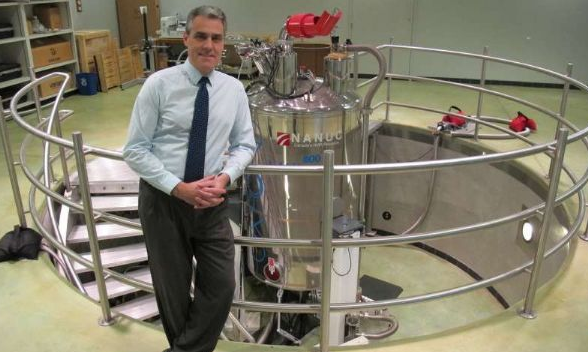A recent study published in Nature Communication reveals how cancerous cells differ from healthy ones, which paves way for the development of novel strategies for the therapeutic intervention for difficult-to-treat cancers in the future. An international research team discovered a “stop sign”- a mutated protein called PIP-stop, which is overused by tumor cells and can effectively prevent healthy cells from classifying in the way they are designed to. …
Cancer research
Scary! Pressure Will Accelerate The Occurrence of Malignant Pancreatic Cancer!
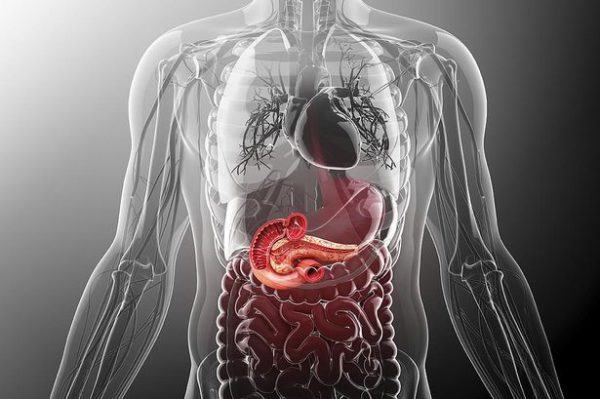
In a recent study published in the journal Cancer Cell, researchers from Columbia University Medical Center found that stress may accelerate the development of pancreatic cancer by stimulating the release of “fighting or running away” hormones, β-blockers that inhibit these hormones can effectively increase the survival of cancer-bearing mouse models. In addition, researchers analyzing patients with malignant pancreatic cancer found that patients taking selective β-blockers survived two-thirds more than the…
New Drug Resistance Mechanism Found Through Persevere Research of Prostate Cancer
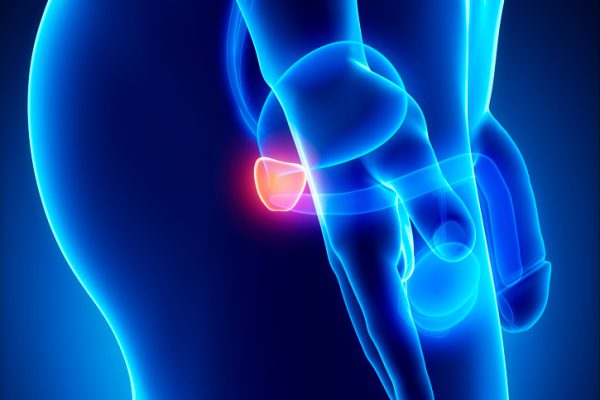
Most tumor growing can stop after long-time medicine intake, and even it can become smaller or finally disappear. But what made the doctors struggling was that a few months later cancer cells gradually developed resistance and the tumor was once again deteriorating and menacing. Without good second-line anti-cancer drugs, physicians and patients really can do nothing. However, with the persevering efforts of scientists, we have the opportunity to gain the…
Interpretation of the Recent PD-1 Research Progress (Part II)
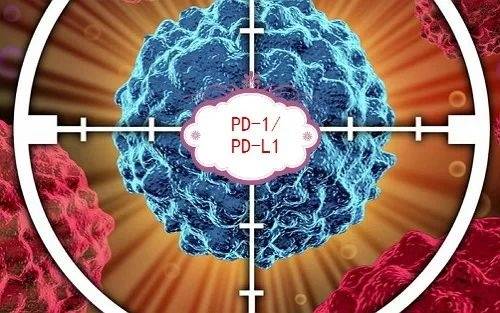
Continued 6. Nature’s New Discovery: Another Unidentified Anti-cancer Approach of PD-1 / PD-L1 Antibodies doi: 10.1038/nature22396. On May 17, Nature published an online article titled “PD-1 expression by tumor-associated macrophages inhibits phagocytosis and tumor immunity”, revealing the immune checkpoint inhibitors represented by the PD-1 / PD-L1 antibody can fight cancer in a completely different way. Dr. Irving Weissman, a professor of pathology and developmental biology at Stanford…
Interpretation of the Recent PD-1 Research Progress
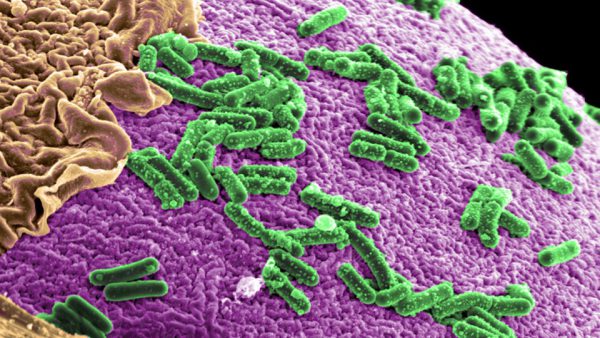
PD-1 (programmed cell death protein 1), the programmed death receptor 1, is an important immunosuppressive molecule. Immunomodulation which targets PD-1 is of great importance to anti-tumor, anti-infective, anti-autoimmune diseases, and organ transplant survival. In recent years, scientists have made a number of achievements in the field of PD-1 research. We will share the relevant research here. 1.Science: Scientists confirm that intestinal microbes affect PD-1 / L1 antibody treatment for…
DcR3 Is the Key Factor of Endometriosis, Academia Sinica Found
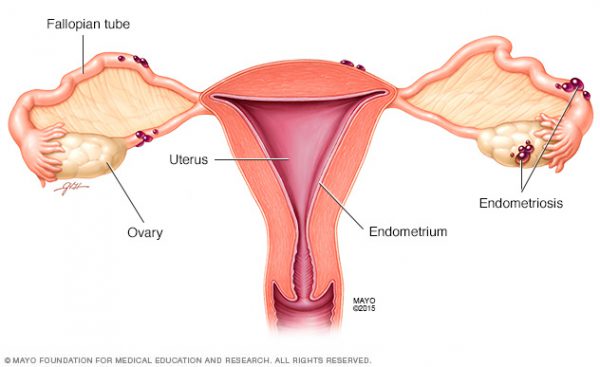
Dr. Shi-Liang Hsieh and his team, from Genomics Research Center, Academia Sinica, has done years of work to find answers to inflammations. Recently, his team has confirmed that inflammation-related DcR3 protein is a key factor to enhance adhesion of endometrial cells, which in turn cause endometriosis, offering an opportunity for the treatment of endometriosis without side effects. Their findings were published in the Journal of Pathology on October 23, 2017….
Tea and Coffee Consumption in Relation to DNA Methylation

In a recent study published in Human Molecular Genetics, researchers from the University of Uppsala, found that tea consumption may lead to DNA methylation changes of some special genes in women bodies, while those genes are thought to have interactions between cancers and estrogen metabolism. As we all know, lifestyle factors, like food choices, smoking and exposure to chemicals, can alter DNA methylation and lead to changes in gene…
How does FGF-dependent Metabolic Control Vascular Development?
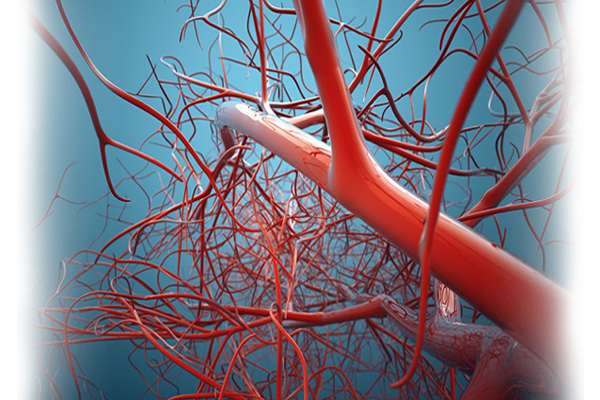
The vasculature is the earliest organ to develop. Unlike other organs it has to be functional throughout development and therefore has to constantly adapt to the changing requirements of embryogenesis. As soon as an embryo grows bigger than about 2mm it critically depends on a functional vasculature because passive diffusion is not sufficient to supply all cells with oxygen and nutrients. Similar to embryos, any tumor wanting to grow bigger than…
Tumor Genetic Testing—Hot Point of This Year!
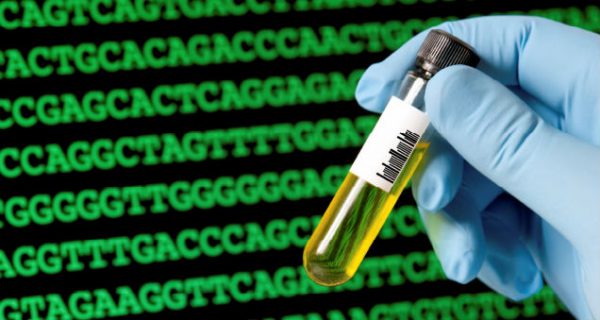
“Cancer is the most common genetic disease, while all cancers are derived from abnormal DNA sequences.” Professor Michael Stratton, header of the Sanger Institute at the University of Cambridge, pointed out that although different cancers have different incentives and symptoms, but can all be explained by gene mutations. No matter the Human Genome Project (HGP), the Cancer Genome Project (TCGA), the 100,000-person Genome or the “Moon Shots” program of the…
Effect of Deletion of Malic Enzyme for Pancreatic Cancer
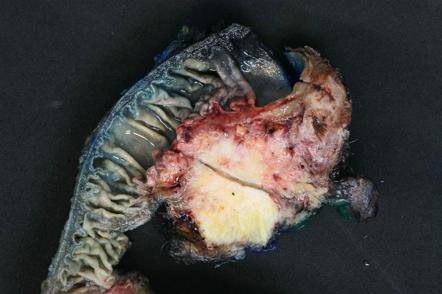
Pancreatic ductal adenocarcinoma (PDAC) is the most common malignancy of the pancreas. PDAC is an aggressive and difficult malignancy to treat. Incidence of PDAC correlates with increasing age and therefore is an increasing problem as world population is aging. By 2030, researchers project that pancreatic cancer will become the 2nd leading cause of cancer related death in the US after lung cancer, surpassing colorectal, breast, and prostate cancer . Chromosomal…
